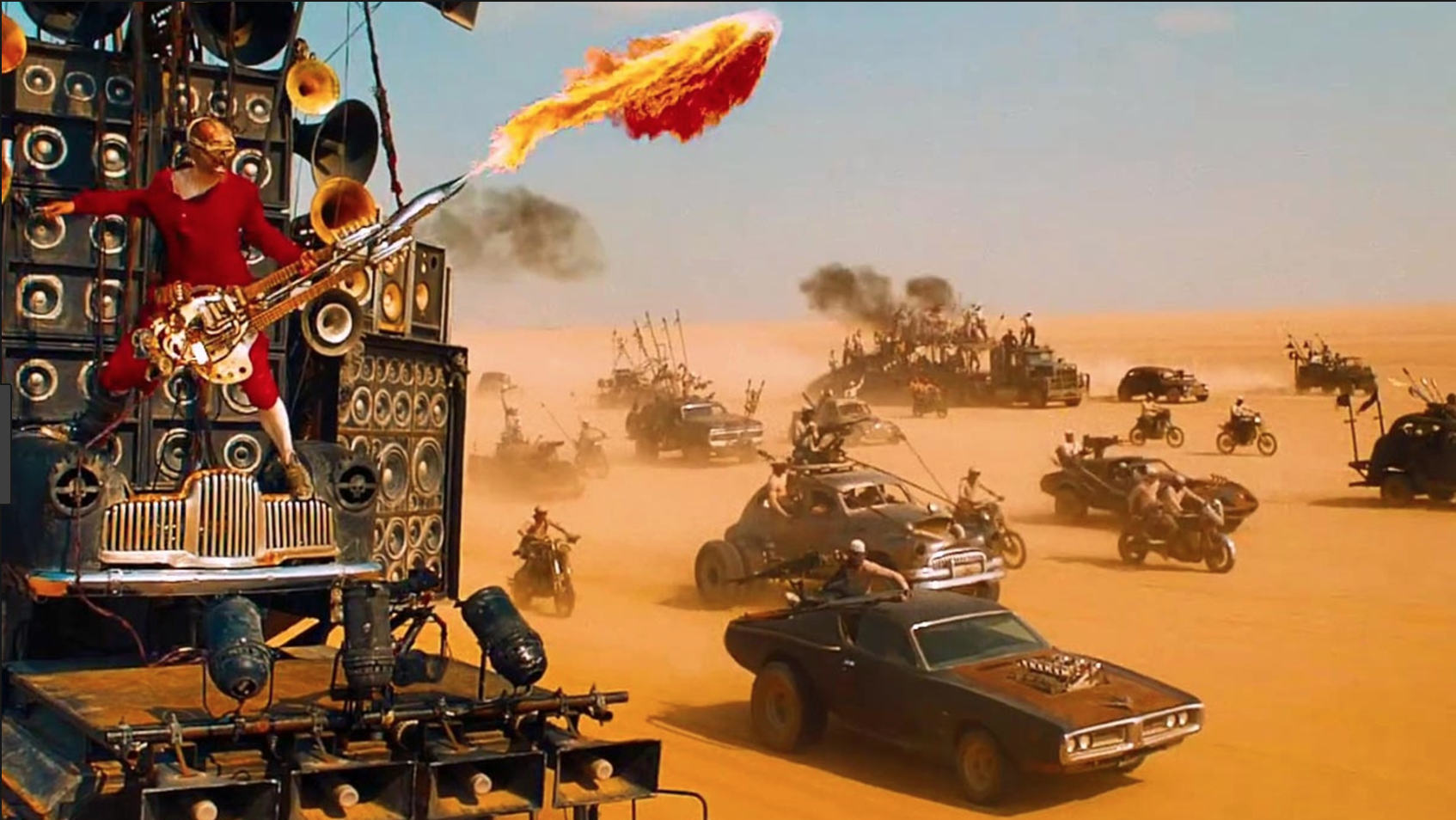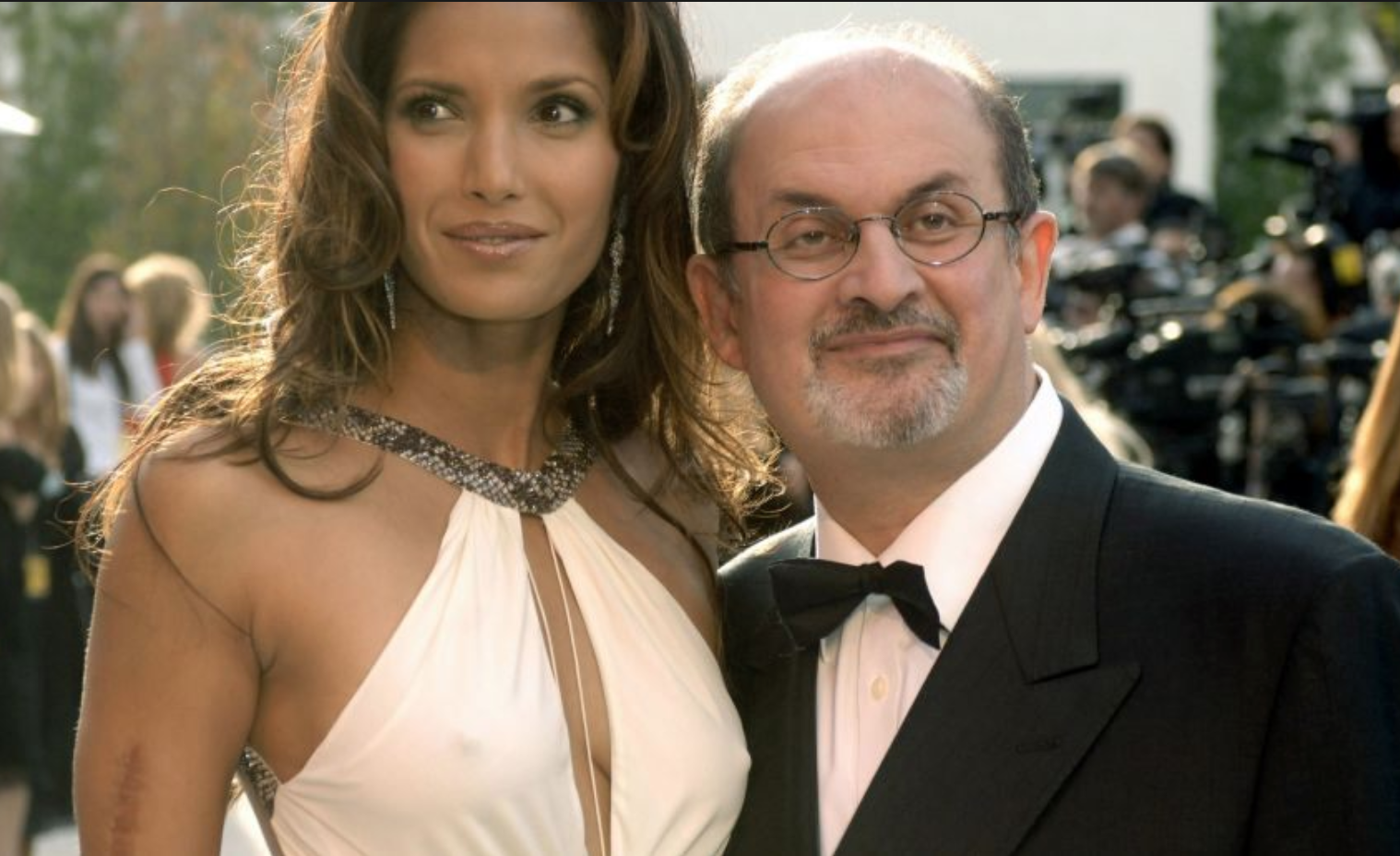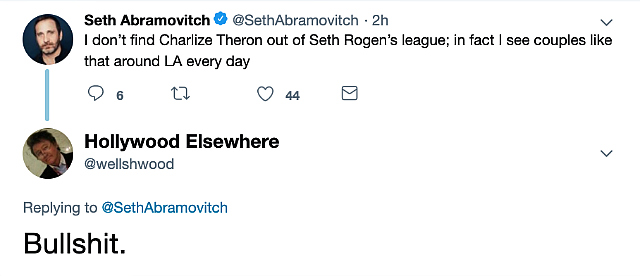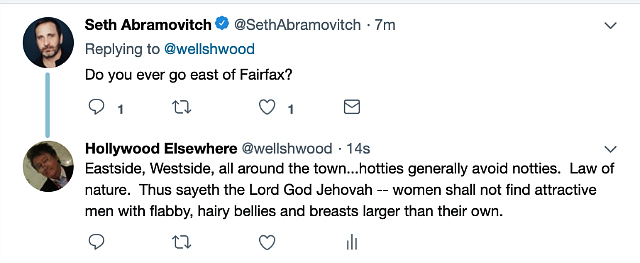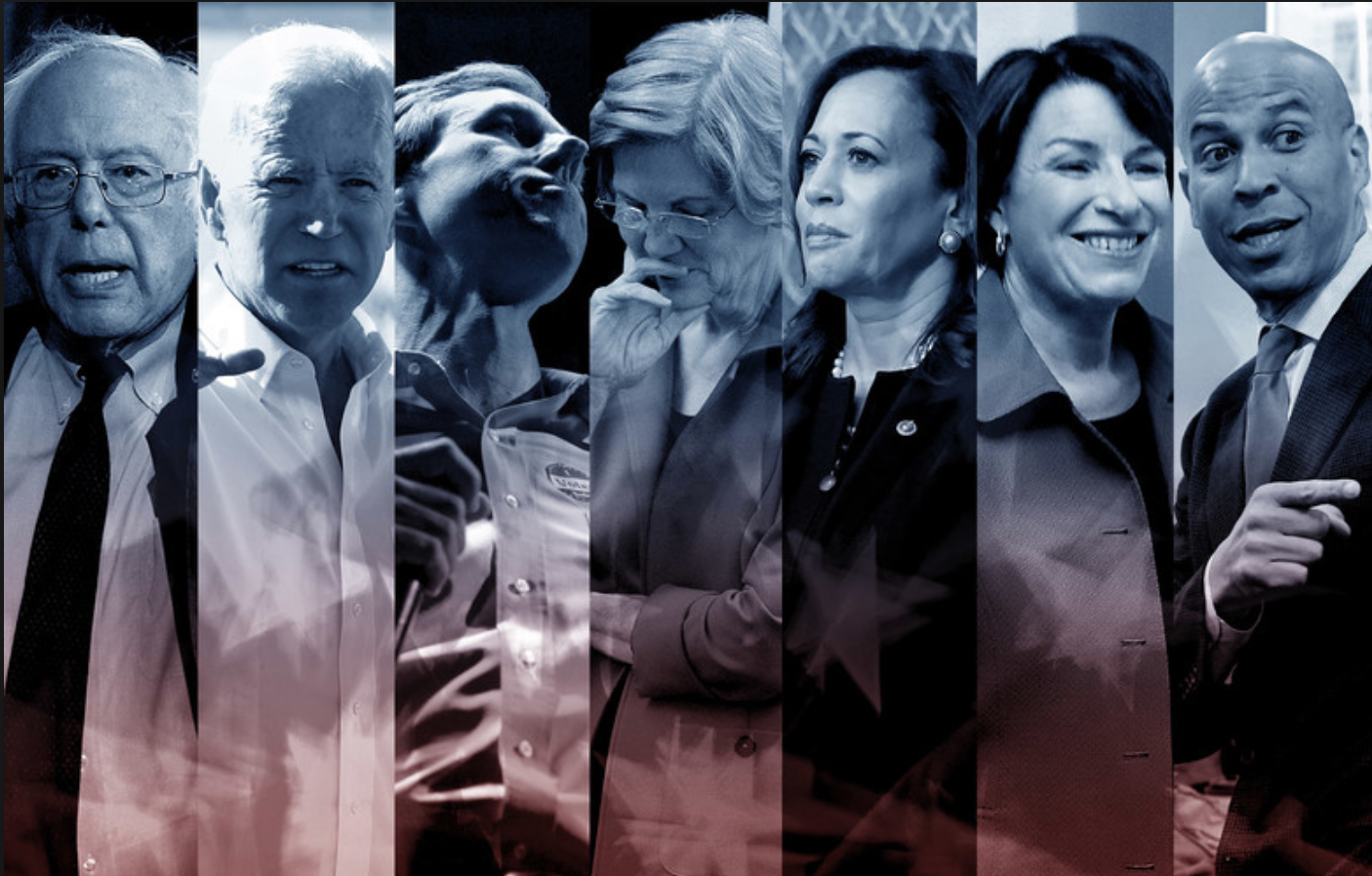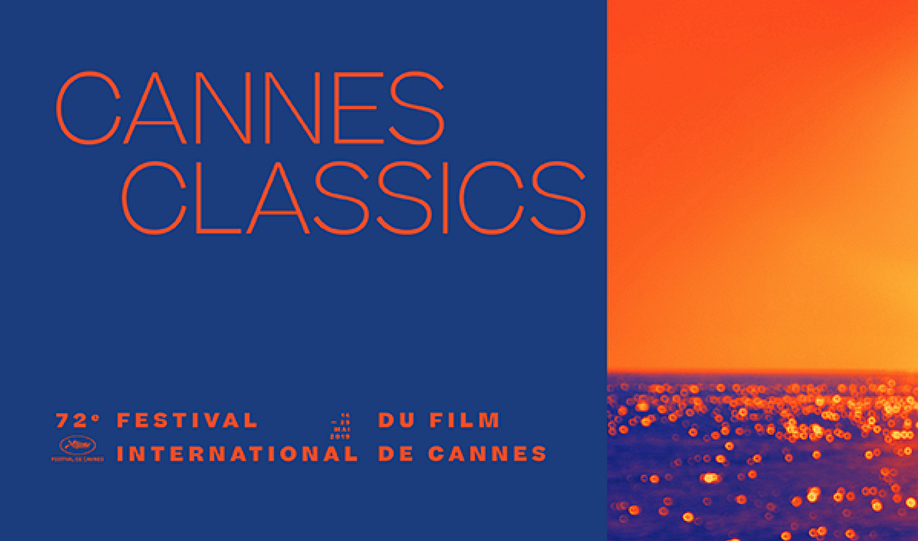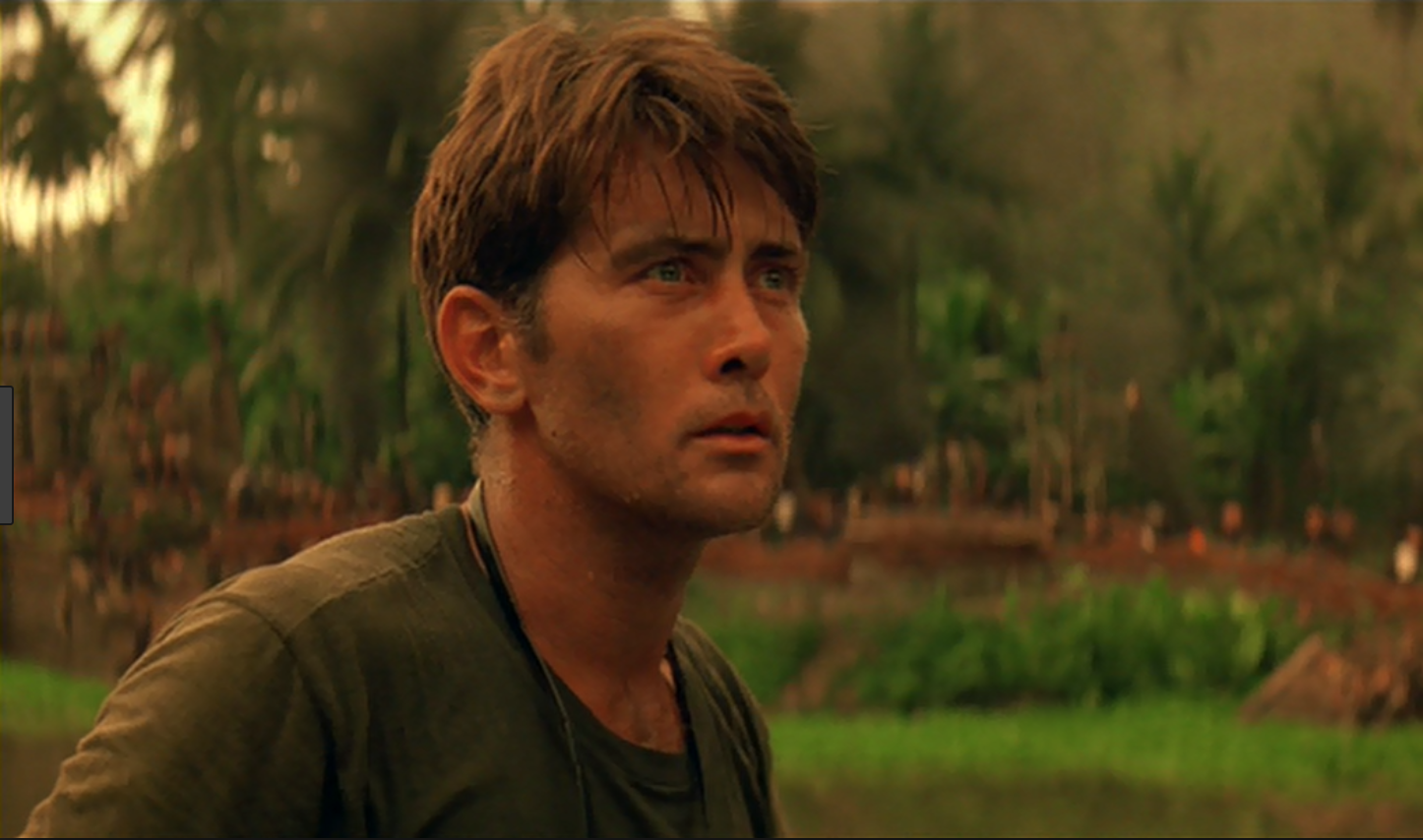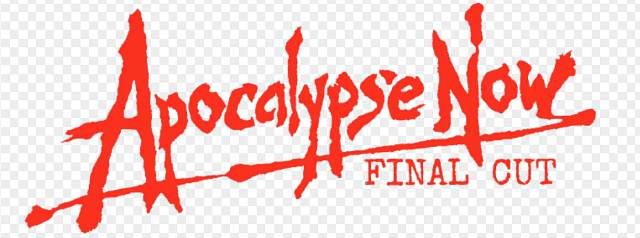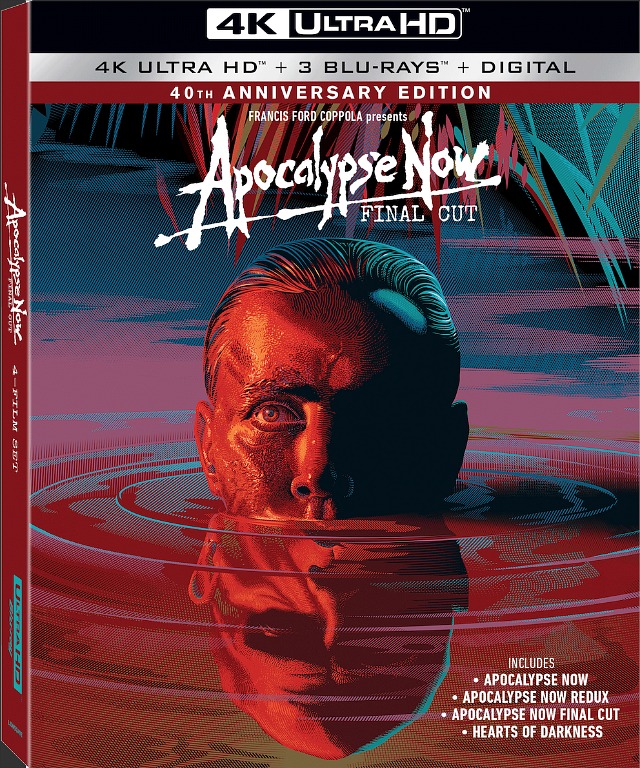At long last, World of Reel‘s Jordan Ruimy has posted results of a top-rated films of the 20-teens poll. Not entirely critics but 250 “critics, programmers, academics and distributors“, as Ruimy puts it.
George Miller‘s Mad Max: Fury Road — a high-grade, brilliantly choreographed apocalyptic action flick — has emerged with the highest tally. Terrence Malick‘s The Tree of Life came in second, Barry Jenkins‘ overpraised Moonlight ranks third, Richard Linklater‘s Boyhood is fourth and David Fincher‘s The Social Network emerged as #5.
Of the top 20 favorites, a little less than half — Fury Road, Moonlight, Jordan Peele‘s Get Out (#10), Todd Haynes‘ Carol (#12), Spike Jonze‘s Her (#18) and Luca Guadagnino‘s Call Me By Your Name (#19) — could be called Joe Popcorn-friendly.
The others are studied, formidable, sophisticated, in some cases ultra-dweeby, New York Film Festival-y, non-popcorny “critics movies” such as Jonathan Glazer‘s Under the Skin (#12), Kenneth Lonergan‘s Margaret (14), Maren Ade‘s overpraised Toni Erdmann (#15), Apichatpong Weerasethakul‘s Uncle Bonmee (#16), Joshua Oppenheimer‘s The Act of Killing and Leos Carax‘s brilliant Holy Motors.
#6 through #10 are The Master (Paul Thomas Anderson), Roma (Alfonso Cuaron), Phantom Thread (Paul Thomas Anderson…get outta town!), A Separation (Asghar Farhadi…yes!) and the perfectly composed Inside Llewyn Davis (Joel Coen).
HE opinion (reposted): Moonlight is a very good film, but it was over-showered with praise by way of virtue-signalling and p.c. kowtowing. Now that the post-Twilight Zone truth about Jordan Peele has begun to settle in, Get Out‘s rep is almost certainly undergoing a reassessment.
HE’s TOP ELEVEN OF THE LAST NINE YEARS: Manchester By The Sea, A Separation, The Social Network, Zero Dark Thirty, Call Me By Your Name, Son of Saul, The Wolf of Wall Street, Leviathan, The Square, Moneyball, Diane.


